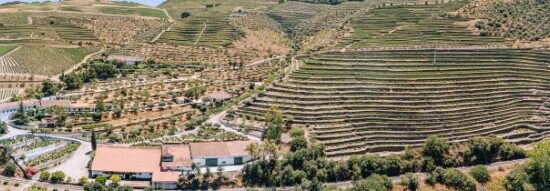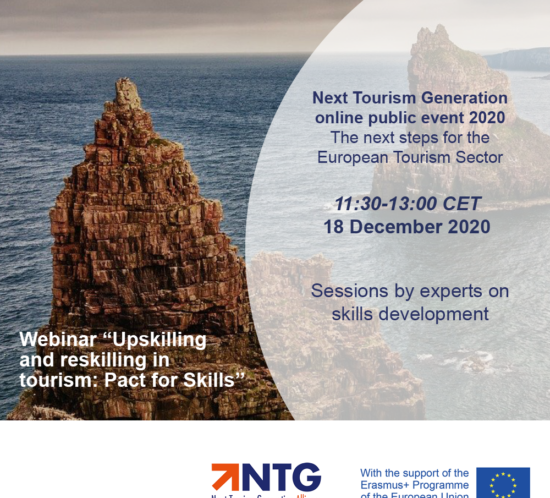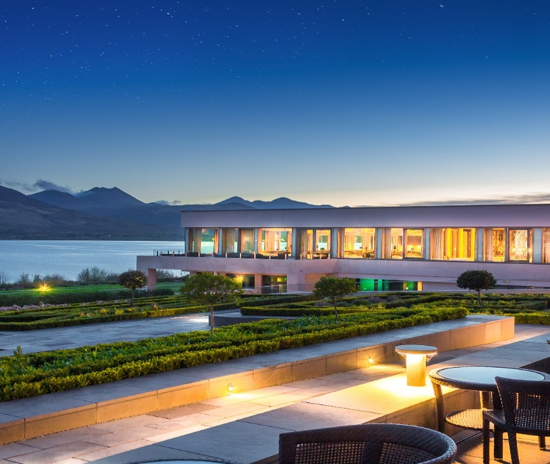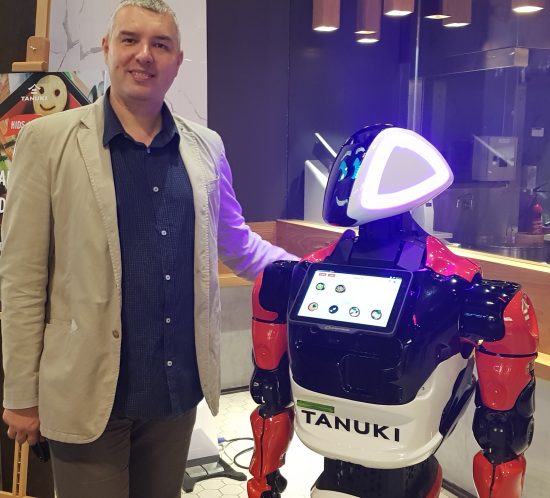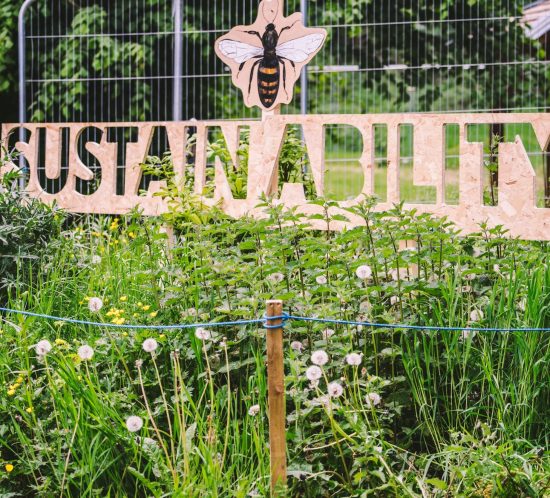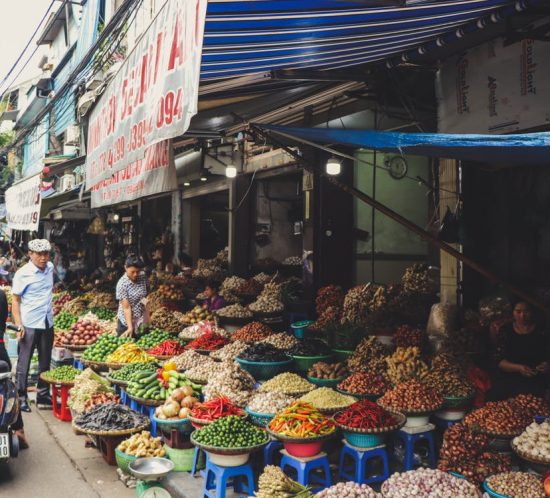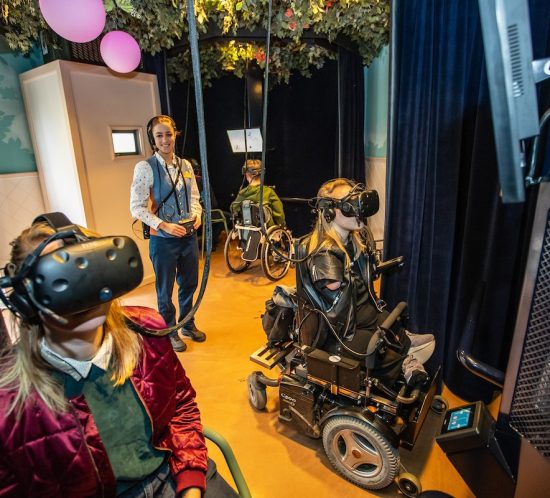Best practice in skills development: The Fladgate Partnership in Portugal – The World of Wine
The Fladgate Partnership | The World of Wine – “A cultural district with a WOW factor” (Subsector – Food & Beverage). The Fladgate Partnership is a holding company that has businesses in Port Wine, tourism and distribution. In Portugal, it also has distribution companies that supply its products and those of others to hotels, restaurants, retailers and consumers. The World of Wine project is a major initiative in tourism, located in the historic area of Vila Nova de Gaia with a complex of seven museums/experiences, 14 food and beverage outlets (Restaurants, Bars and Cafés), a wine school and shops. In September 2023, Fladgate Still & Sparkling Wines was created, after the purchase of IdealDrinks by The Fladgate Partnership adding further expertise, knowledge and over three centuries of heritage through this new challenge. The Group currently has around 1,150 employees, spread across different facilities in Vila Nova de Gaia, Porto, Lisbon and the Douro. It is the Group’s policy to respect the environment.



